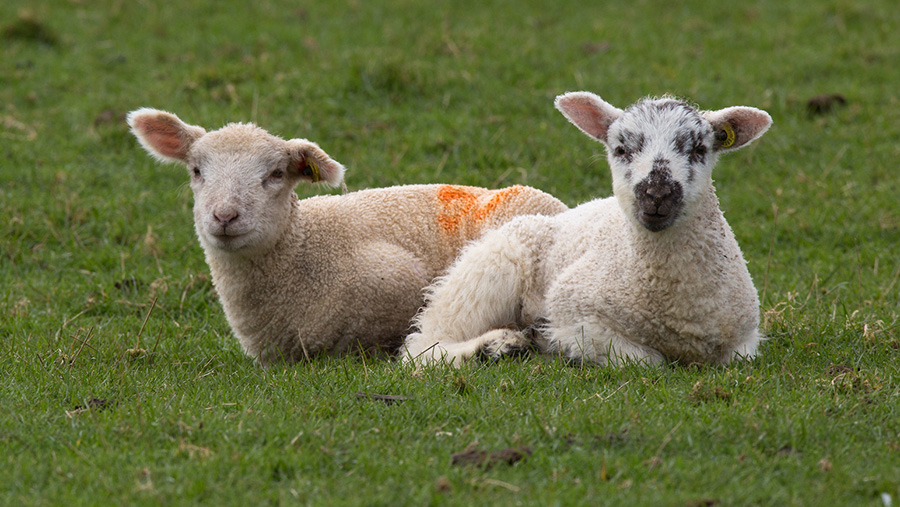EU free-trade deal ‘critical’ for Welsh red meat
 © Tim Scrivener
© Tim Scrivener Securing a tariff-free Brexit deal is “critical” for the red meat industry in Wales with exports to the EU accounting for more than one-third of the Welsh sheep flock.
Dai Davies, chairman of meat promotion body Hybu Cig Cymru (Meat Promotion Wales – HCC), said prices and profitability were reliant on exports and the industry could not afford to be restricted from selling to key EU customers.
“In 2014, £225m worth of Welsh red meat exports went to our mature markets in the EU.
“That’s nine in every 10 export sales,” he said.
See also: Welsh farmers target red meat sales surge
“With exports accounting for about 35% of all Welsh Lamb production, it means nearly a third of the Welsh flock is sold to the EU nations.”
Speaking at the Royal Welsh Winter Fair, Mr Davies said new and emerging markets were exciting and had potential for the future – but they were a long way behind existing markets in the EU.
“It is not an easy or quick job to break into any new territory; there may be protocols, restrictions and diplomatic conventions, alongside the trade negotiations, that we have to deal with, no matter how world-class our product is.”
Industry development
Export facts
- Welsh red meat exports have increased from about £50m in 2003 to a record of £250m two years ago
- Hybu Cig Cymru (Meat Promotion Wales) is actively involved in assisting the exporting of Welsh lamb, or involved in meaningful discussions about exporting Welsh lamb, to at least 45 countries across the globe.
Mr Davies urged all parts of the red meat supply chain to work together to develop the industry.
“We must use the well-established reputation of the Welsh lamb brand as the premier global quality brand; it is iconic and emblematic – our ‘champagne’ brand – and I believe we can use its reputation not only to win over international customers but to drive other Welsh exports,” he said.
But he stressed it was vital not to underestimate the importance of the consumer and make sure farmers were producing for the marketplace.
Financial squeeze
For example, the financial squeeze had seen demand for light lamb for the Mediterranean market dwindle.
“The marketplace is changing and while you have my assurance that HCC, and our agents, are working hard to conserve light lamb sales into the Mediterranean markets, producers must continue the process of reducing reliance on this specialist and dwindling market and work towards increasing carcass weights that can meet core domestic and international market needs.”
